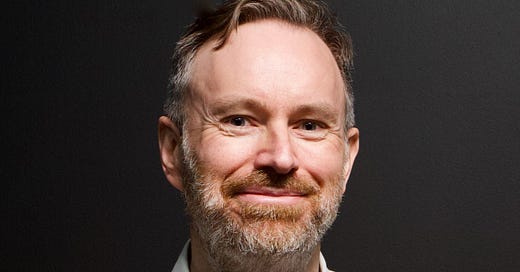How much evil will you do in order to defeat evil?
Do the ends justify the means? It’s tempting to think they do. But they don’t.
This perennial question has been turning up all around me at the moment. It’s a theme on the recent The Rest is History podcast on The Lord of the Rings which I highly recommend. Tom Holland and Dominic Sambrook wonder how do you fight Sauron without becoming Sauron?
One point that came out that I’d never considered before: it never occurs to Sauron that anyone would try to actually destroy the ring. That’s a great weakness. If you have that much power, Sauron assumes, you would keep it and wield it for your own ends, surely? Nope.
He’s My Brother
Then a few days later, I listened to the other Holland’s podcast, We Have Ways of Making You Talk, with James Holland and Al Murray, in which they referred to that Rest is History podcast. They were discussing how much evil the allies had to do in order to defeat the evil tyranny of the Nazis, a question on Tolkein’s mind as he was writing The Lord of the Rings.
I ended up writing about this – and even quoting Wendall Berry – over at a new website called Thinking Faith. It produces snappy short form Instagram videos, and longer form articles by yours truly. Here’s one that coincides with Season 1 finale of Rings of Power and why Amazon spent hundreds of millions on it.
Over on the Cooper and Cary Have Words podcast, we’ve just dropped our episode on Cessationism. For Christians reading this Substack, you may assume you’re not a Cessationist, but it rather sounds like you believe that God ceased to act in a supernatural way once the apostles died out. Actually, cessationists don’t believe that at all. I won’t get into it here, but why not go on over and have a listen?
And my Popcorn Parenting podcast co-host, Nate Morgan Locke, has just done a sharp and watchable video on Harry Potter – and how Christian it is. Well worth your time.




